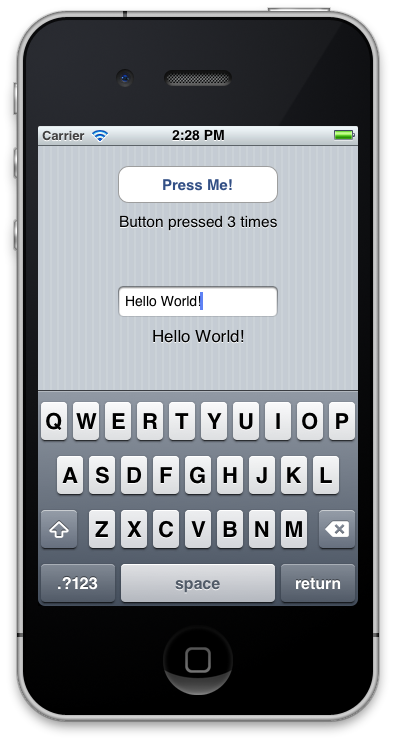
However, he and Tom Love also recognized that backward compatibility with C was critically important in ITT's telecom engineering milieu. He realized that a language like Smalltalk would be invaluable in building development environments for system developers at ITT. Cox was intrigued by problems of true reusability in software design and programming. The earliest work on Objective-C traces back to around that time. Leading up to the creation of their company, both had been introduced to Smalltalk while at ITT Corporation's Programming Technology Center in 1981. Objective-C was created primarily by Brad Cox and Tom Love in the early 1980s at their company Productivity Products International (PPI). 6.2 Philosophical differences between Objective-C and C++.4.2.6 Implications for Cocoa development.h extensions, the same as C header files. m filename extensions, while Objective-C 'header/interface' files have. Objective-C source code 'messaging/implementation' program files usually have.


Objective-C programs developed for non-Apple operating systems or that are not dependent on Apple's APIs may also be compiled for any platform supported by GNU GCC or LLVM/ Clang. Objective-C was the standard programming language supported by Apple for developing macOS (which descended from NeXTSTEP ) and iOS applications using their respective application programming interfaces (APIs), Cocoa and Cocoa Touch, until the introduction of Swift in 2014. Originally developed by Brad Cox and Tom Love in the early 1980s, it was selected by NeXT for its NeXTSTEP operating system. Objective-C is a general-purpose, object-oriented programming language that adds Smalltalk-style messaging to the C programming language. Groovy, Java, Nu, Objective-J, TOM, Swift


 0 kommentar(er)
0 kommentar(er)
